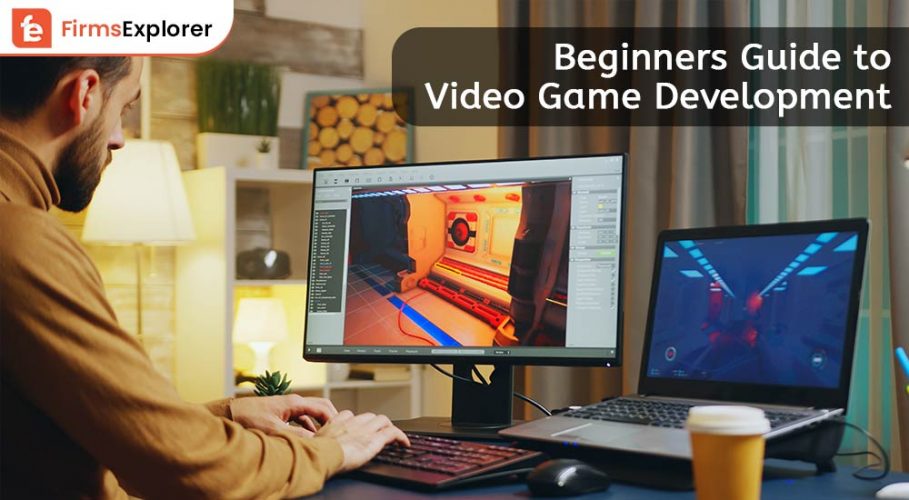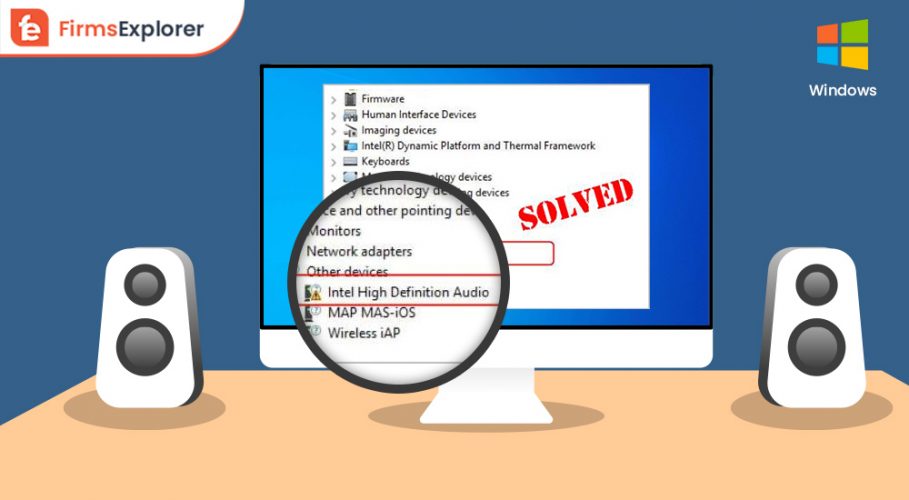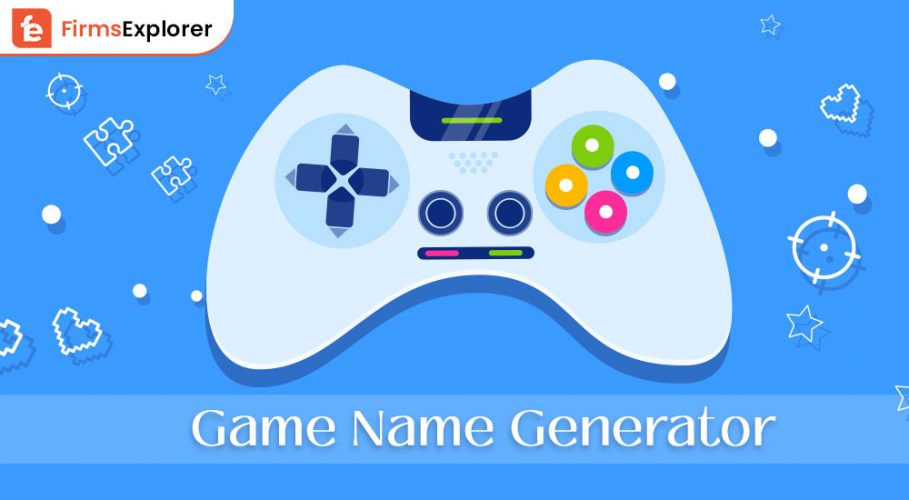
Gaming is for people with magnificent imaginations. These people wish to alter reality to enter the realm of a new one. For them, game development has become a medium to create this new reality. With more than 2.34 billion gamers globally, the gaming industry has come a long way, as it is seen as a rapidly developing sector in the entertainment field today. Though video games are still dominating the industry, virtual games have also entered the market and are advancing fast.
So, if you’re someone who wants to create your own video game, you may feel lost in the beginning. Creating your first game can be confusing and overwhelming in the initial stages. With so many categories and technical intricacies involved, you have first to understand the stages of video game development. It is a process that demands hard work with determination and, of course, unique imagination. If you’re done and dusted with these fundamentals, this beginner’s guide to video game development can help you comprehend and follow the process efficiently. So, without any further ado, let’s break down the basics of video game development.
Plain and simple, the process of developing a video game is known as video game development. The process will make you curate an idea or a concept for a game that you then develop, engineer, program, render, produce, test, record, mix, etc. until you have a fully developed game that comes out exactly as you imagined it to be.
Video game development involves a few essential components, such as narrative, character, art, lighting, sound, etc., that ultimately blends together to showcase an entirely new world of the video game.
This process is not free. Commercial games are funded by publishers who invest in the game, usually because of its great idea and graphics. This is why independent games are generally cheaper and funded by the general public. You can check out some free game boosters as well.
There is a typical misconception that only professional game developers can create a good game. That’s not entirely true. Though it may seem challenging at first, learning video game development isn’t a confined field for professional programmers. All it demands are a few basics. In the next section, let’s understand the basics of video game development for beginners.
There are a few essentials of video game development that serve as a roadmap and help you crack the basics. After understanding them, you will be able to build a decent game and then hopefully progress to the next level of gaming.
If you ask a professional game developer how to start video game development, a fair amount will tell you about programming as the main stage. Computer programming is key for giving life to the reality of your game. So, either you have to learn to program yourself or hire a coder for the task. It’s good news if you have the basic knowledge of coding using programming languages such as Java, C++, Python, C#, etc. If not, it’s not a big deal to learn programming basics before you move further with your gaming idea.
One great fact about learning a programming language for video game development is that you’re not bound to learn any one specific language for the process. Though C++ is the most generally used programming language for codes of game engines, you’re free to select another language, such as Java. King Quest, Counter-Strike, World of Warcraft, and more are examples of famous online multiplayer games developed using C++. Angry Birds Chrome is a popular example of Java.
If you’re a video game development beginner, starting with a familiar game engine is safe. As they are well-established, popular game engines offer multiple functionalities, including audio support, 3D and 2D graphics rendering, artificial intelligence, collision detection, etc.
Unity is the most famous game engine for now. It’s simple to learn and offers a free edition as well. There are many other potent game engines that you can choose from. After selecting a game engine, ensure you get thorough with it, as it will come in handy in your future projects. Learning a game engine will help you perform the core technical tasks yourself and will also provide critical knowledge of game development.
Many game development beginners go with the flow and try to create a complex game, stuffing too many features. Unlike that, it is always best to build a simple and basic game initially. The catch is to learn the basics and understand that in no way you can become an expert overnight. So, hold your project for at least a week and understand the details of every step.
Tetris is a popular first game since it is simple to create and will teach you to many game development principles. Game Loop has three phases—launch, update, and draw—that are at the core of any future game creation you might undertake and will essentially be covered in this lesson.
However, if Tetris is not your preferred game, to begin with, you are free to choose any other game that is simple enough. However, ensure the game has a precise goal and conclusion and is not overly convoluted or perplexing. To save time for basics, you can use game name generators to find a suitable name for your game instantly.
The best way to understand game design patterns is through an example. So, imagine you’re developing a game where you want various strikers to destroy a building in the video game. Here, creating a code module for all the strikers is wiser than concentrating on individual strikers. This is known as object pooling, a game design pattern.
Similar to this, several other game design patterns help create modular codes and serve to be as a solution for recurring problems. Flyweight, Observer, Prototype, etc., are other Game Design Patterns. Understanding these game patterns before applying them to your new games is a wise decision. Learning them beforehand will help you understand their potential benefits and impacts on video game development.
You must educate yourself on graphics right away because it is impossible to create a video game without them. Though 2D graphics were very common in the middle of the 1990s, the majority of them well-known games today demand 3D visuals. This gives the game a realistic feel and can be displayed in First-person, Third-person, Fixed 3D, etc.
As a result, you should be familiar with both computer visuals and the mathematics that underlies them if you wish to become an excellent game programmer. This is even more crucial if you do not intend to use an existing game engine. Linear algebra, which primarily works with vectors, linear equations, matrices, etc., is the type of math that is frequently needed for 3D graphics.
Read Also –12 Best Game-Hacking Apps for Android Phones in 2023
As the gaming industry grows with remarkable progress, several job profiles and positions are becoming available. It’s not a one-person job to develop and execute the game. So, if you want to code, you can code the game. If you want to design and create the visuals, if you have an engaging story for the game, write it, and there is so much more. Thus, there is room for several jobs in video game development. Below given are some of the most important video game development careers for beginners.
Besides the primary task of coding, game programmers have to collaborate and coordinate with game designers, game artists, sound engineers, etc. It ensures that the code is synchronous with the idea and other creative aspects of the game. Game developers also test the game and fix any bugs pointed out by the testing team.
The person who plans and defines all the game components is the game designer. They visualize the idea on the basis on which the entire game is built. Market research and team collaboration are the two main tasks of game designers.
Animators and visual artists shape and design the form of the objects, sceneries, and environment in the game. Besides, the lights, shadows, and movements are all done by animators. 3D Modellers, Concept Artists, 2D/Texture Artists, and more jobs are available for this segment of gaming, where each profile takes care of a different set of responsibilities and techniques.
Also known as a story designer, a narrative designer works closely with the game designer. They write the story, dialogues, character backgrounds, and necessary cues of the game according to its concept.
The gunshots, sword sounds, thudding, noise, sirens, etc., that you hear in a game are created by Audio engineers and Sound designers. This also includes being consistent with the theme and feel of the concept on which the game is based. Like the graphics, the sound makes the game look more realistic.
Read Also – Free Battle Royale Games For PC
Hopefully, you must have understood the basics of video game development for beginners. So, what are you waiting for? Jump into the bandwagon and explore the various aspects of gaming. The industry is constantly advancing, and this is the right time to learn associated skills and join the force.

December 29, 2021

December 30, 2021

October 3, 2022
Deprecated: File Theme without comments.php is deprecated since version 3.0.0 with no alternative available. Please include a comments.php template in your theme. in /home/firmsexplorer/public_html/wp-includes/functions.php on line 5613